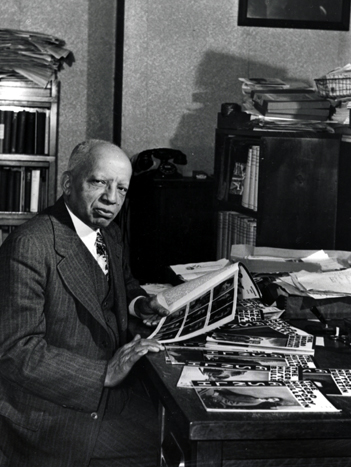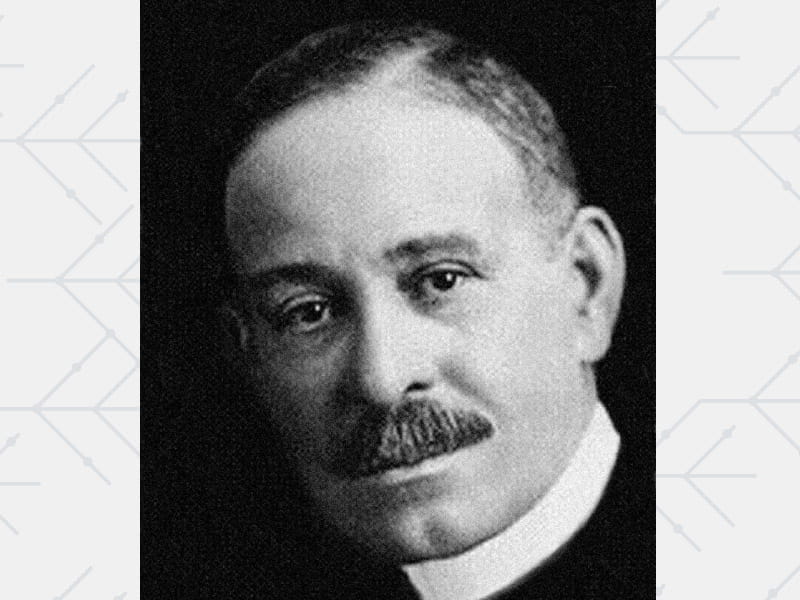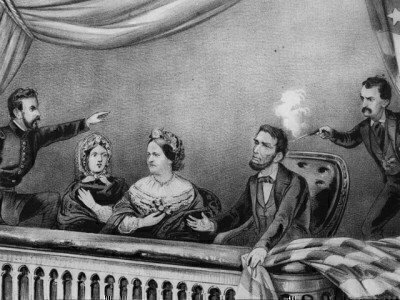Dred Scott
DRED SCOTT was a slave of an army surgeon, John Emerson. Scott had been taken from Missouri to posts in Illinois and what is now Minnesota for several years in the 1830s, before returning to Missouri. The Missouri Compromise of 1820 declared the area, including MINNESOTA, free. In 1846, Scott sued for his freedom because he had lived in a free state and territory for a prolonged period. Finally, after eleven years, his case reached the Supreme Court. At stake were answers to critical questions, including slavery in the territories and citizenship of African-Americans. The Court ruled that Scott's "sojourn" of two years to Illinois and the Northwest Territory did not make him accessible once he returned to Missouri. The Court further ruled that as a black man, Scott was excluded from United States citizenship and could not, therefore, bring suit. According to the opinion of the Court, African-Americans had not been part of the "SOVEREIGN PEOPLE" who made the Constitution. The Court also ruled that Congress never had the right to prohibit slavery in any territory. Any ban on slavery was a violation of the Fifth Amendment, which prohibited denying property rights without due process of law. The Missouri Compromise was, therefore, unconstitutional.









